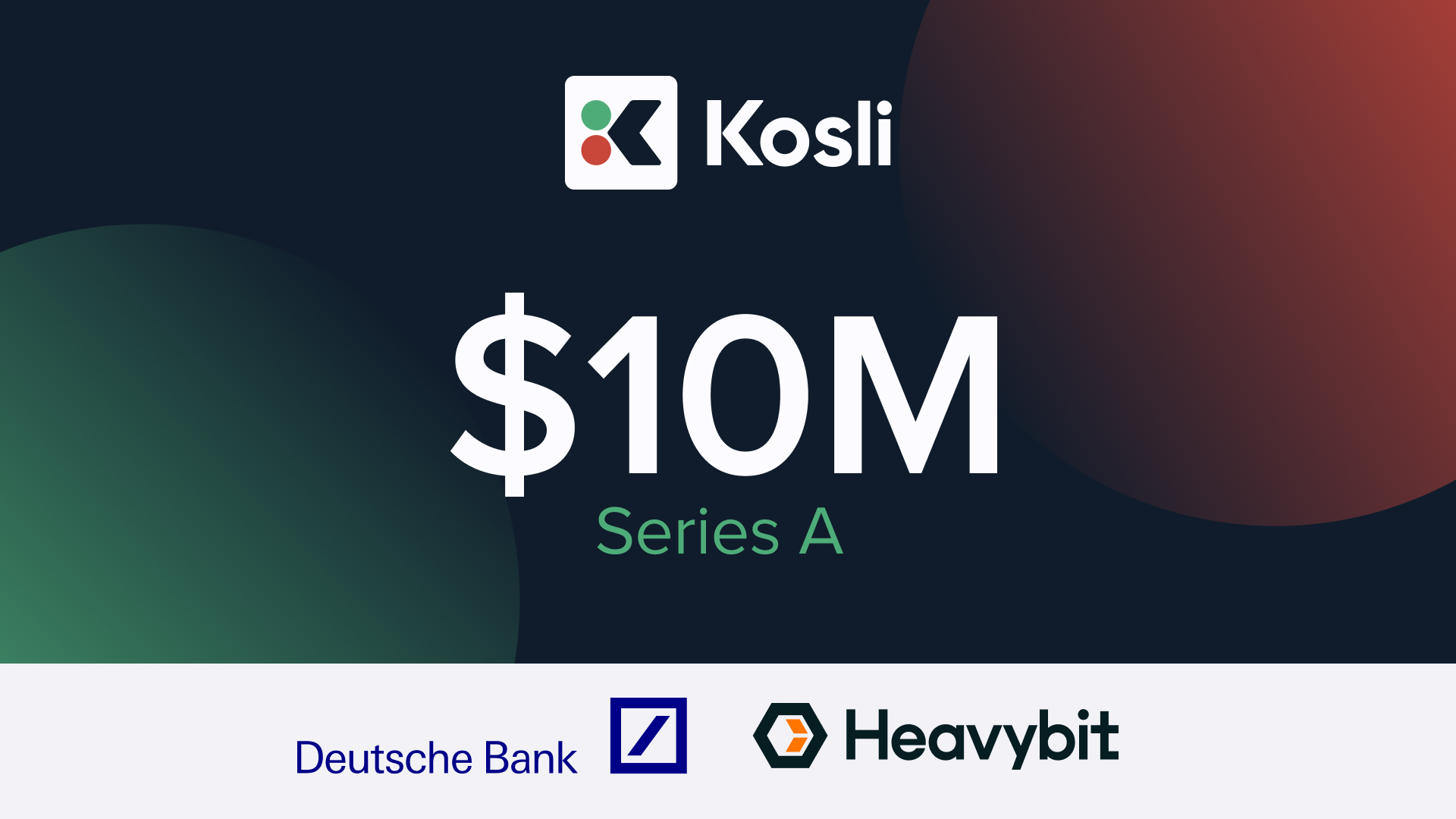Key Takeaways:
I. Falcon 40B's innovative architecture, incorporating FlashAttention and multiquery attention, delivers competitive performance while optimizing for efficiency and scalability.
II. The UAE's strategic decision to open-source Falcon 40B reflects a broader geopolitical ambition to establish the nation as a leader in the global AI ecosystem.
III. The increasing accessibility of powerful LLMs like Falcon 40B necessitates a proactive and collaborative approach to address the ethical challenges and potential risks associated with open-source AI.
The UAE's Technology Innovation Institute (TII) has launched Falcon 40B, a powerful open-source large language model (LLM), setting the stage for a potential shift in the AI landscape. This move is not merely a technological advancement; it represents a strategic play by the UAE to position itself as a key player in the global AI race. Falcon 40B's arrival challenges established open-source leaders like Meta's Llama and Google's Gemma, while also raising questions about the future of AI development, accessibility, and the balance between innovation and responsible use. This article delves into the technical intricacies, geopolitical motivations, and market dynamics surrounding Falcon 40B, providing a comprehensive analysis of its potential impact.
Technical Deep Dive: Falcon 40B's Architectural Advantage
Falcon 40B's architecture distinguishes itself through key innovations like FlashAttention and multiquery attention. FlashAttention optimizes the computationally intensive attention mechanism, significantly reducing training time and inference latency. Multiquery attention further enhances efficiency by streamlining the number of calculations, making the model more resource-efficient. These optimizations are crucial for handling the massive datasets, often exceeding a trillion tokens, used in training modern LLMs.
While comprehensive benchmark comparisons are still emerging, initial results indicate that Falcon 40B rivals leading open-source models like Llama 2 across various NLP tasks. On benchmarks like MMLU (measuring multitask accuracy), HellaSwag (commonsense reasoning), ARC (challenge questions), and TruthfulQA (factual accuracy), Falcon 40B demonstrates competitive performance. Its 2023 top ranking on the Hugging Face Open LLM Leaderboard further validates its capabilities, although standardized evaluations across all model sizes are needed for a definitive comparison.
Scalability is a core design principle of Falcon 40B. The model is available in multiple sizes (1B, 7B, 40B parameters), allowing deployment across a spectrum of hardware, from single GPUs to large clusters. This flexibility caters to diverse user needs and resource constraints, democratizing access to advanced LLM capabilities. Furthermore, the architecture is designed to facilitate scaling to even larger parameter sizes in the future, potentially unlocking further performance gains.
Falcon 40B's architectural efficiency translates to enhanced accessibility. Smaller variants (1B, 7B) are readily deployable on single GPUs, empowering researchers and developers with limited resources. While the 40B model requires more substantial hardware, optimizations like FlashAttention significantly reduce the computational burden compared to previous-generation models, making it more accessible than one might expect given its size.
Geopolitical Implications: The UAE's Strategic AI Play
The development and release of Falcon 40B are integral to the UAE's national AI strategy. This strategy aims to establish the nation as a global leader in AI, driving economic diversification, attracting talent, and fostering a thriving technology ecosystem. Falcon 40B serves as a tangible manifestation of this ambition, showcasing the UAE's commitment to investing in and advancing AI capabilities.
Open-sourcing Falcon 40B is a strategic move with geopolitical implications. It positions the UAE as a proponent of open and collaborative AI development, contrasting with nations that prioritize national control over AI technology. This approach allows the UAE to exert influence on the global AI landscape, potentially attracting international collaboration and shaping the future direction of the field.
This open-source strategy also aligns with the UAE's pursuit of technological sovereignty. By developing and sharing advanced AI capabilities, the UAE reduces its reliance on foreign technologies and strengthens its own technological independence. This is particularly relevant in a world where AI is increasingly recognized as a critical driver of economic competitiveness and national security.
However, this open approach also entails challenges. The UAE must navigate the potential risks of misuse, ensure responsible development practices, and maintain the model's integrity through community engagement and robust governance mechanisms. The success of Falcon 40B as a geopolitical tool hinges on effectively addressing these challenges.
Market Disruption and the Ethics of Open-Source AI
Falcon 40B enters a dynamic LLM market dominated by OpenAI (41% market share), Meta's Llama 3 (16%), and Anthropic (24%). As a high-performing open-source model, Falcon 40B has the potential to disrupt this market by offering a compelling alternative to proprietary solutions. Its open nature allows for greater transparency, customization, and cost-effectiveness, particularly appealing to startups, researchers, and organizations with limited resources.
The democratization of access to powerful LLMs through open-sourcing raises crucial ethical considerations. The potential for misuse, including the generation of misinformation, harmful content, and deepfakes, requires proactive measures to ensure responsible AI development. This necessitates establishing clear guidelines for usage, developing robust safety mechanisms, and fostering a culture of accountability within the open-source community. Furthermore, the long-term sustainability of open-source LLMs depends on addressing issues like licensing, attribution, and community governance.
The Future of Open-Source AI: A Collaborative and Responsible Path
Falcon 40B signifies more than just a technological advancement; it represents a potential turning point in the evolution of AI. The UAE's strategic investment in open-source AI has the power to reshape the landscape, fostering collaboration, democratizing access, and accelerating innovation. However, the long-term success of this initiative, and indeed the future of open-source AI, hinges on a collective commitment to responsible development, ethical considerations, and proactive risk mitigation. The journey beyond Falcon 40B requires a collaborative effort between researchers, developers, policymakers, and the broader community to ensure that AI benefits all of humanity.
----------
Further Reads
I. r/LocalLLaMA on Reddit: With Llama 3 70B now out, how are some of the older larger models fairing?
II. Falcon vs. Llama 2: Which LLM is Better? | Sapling
III. Could it load and tune falcon-40B ? · Issue #120 · artidoro/qlora









